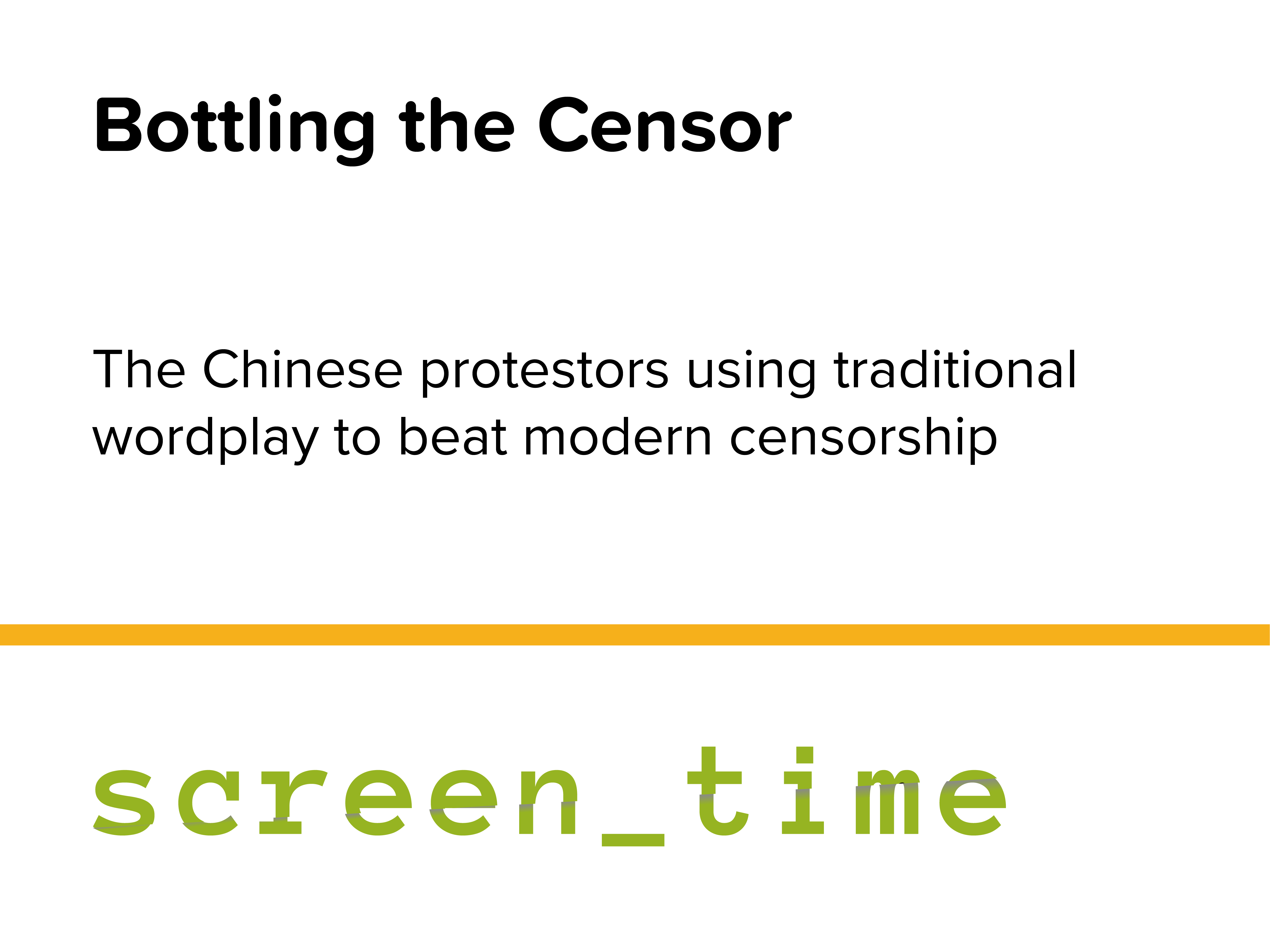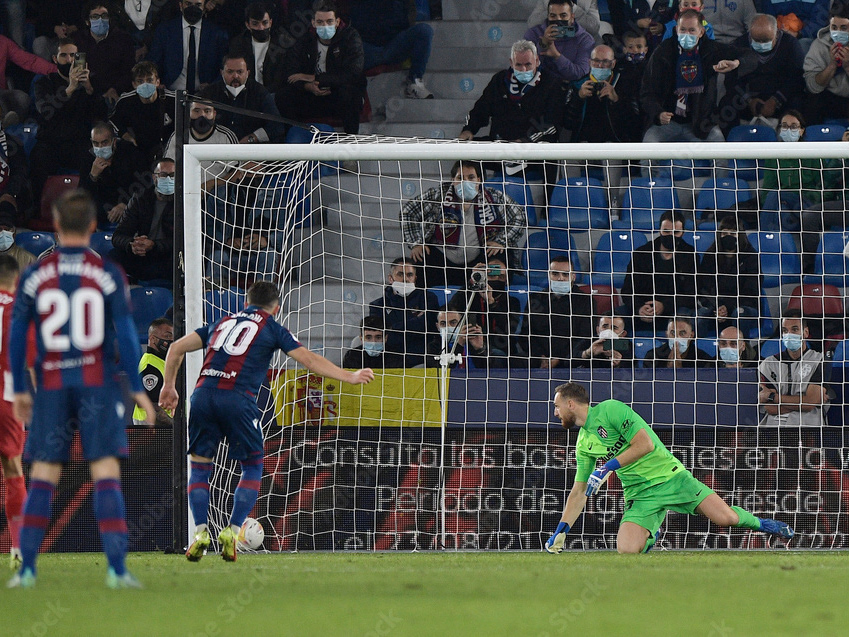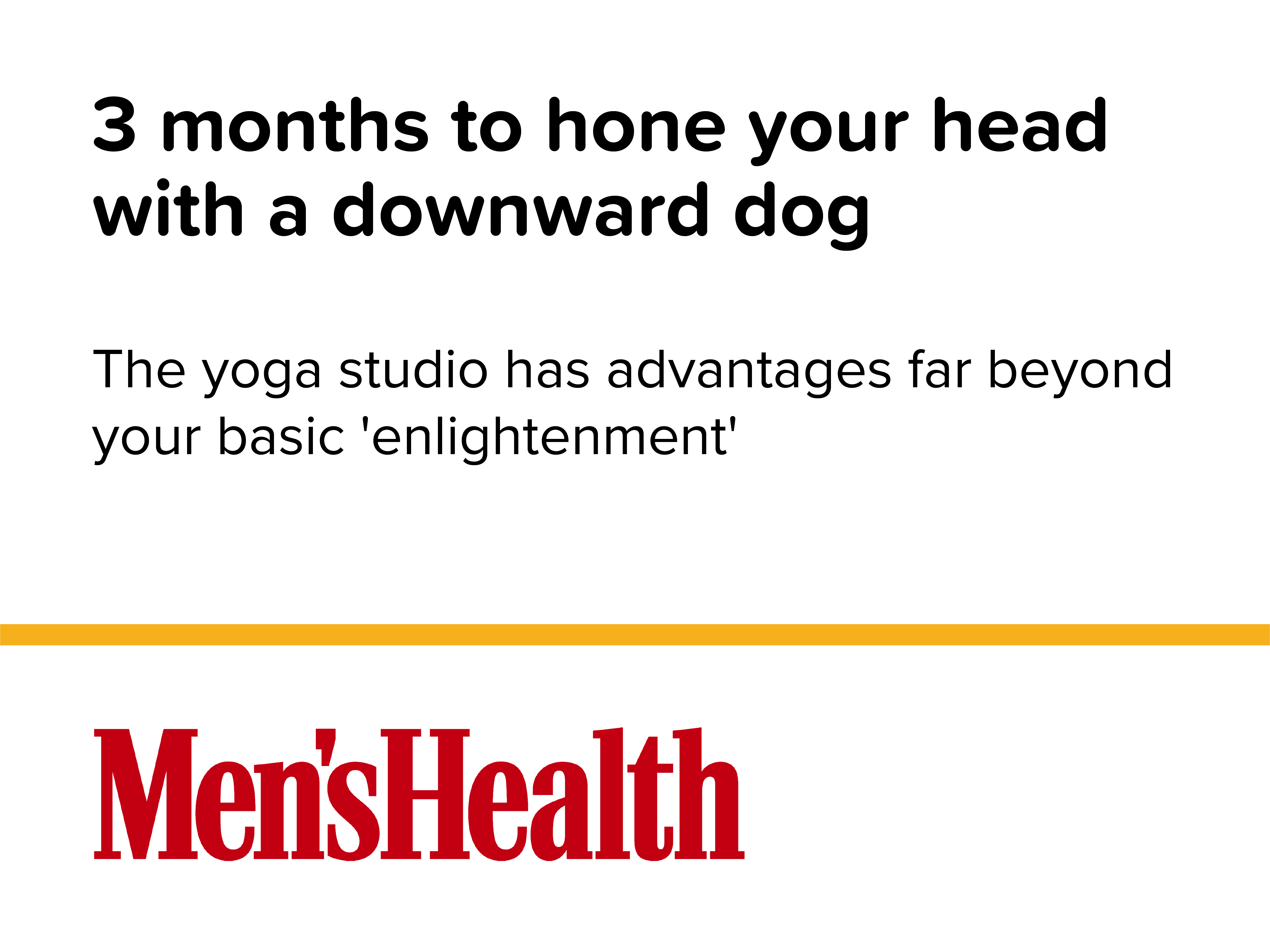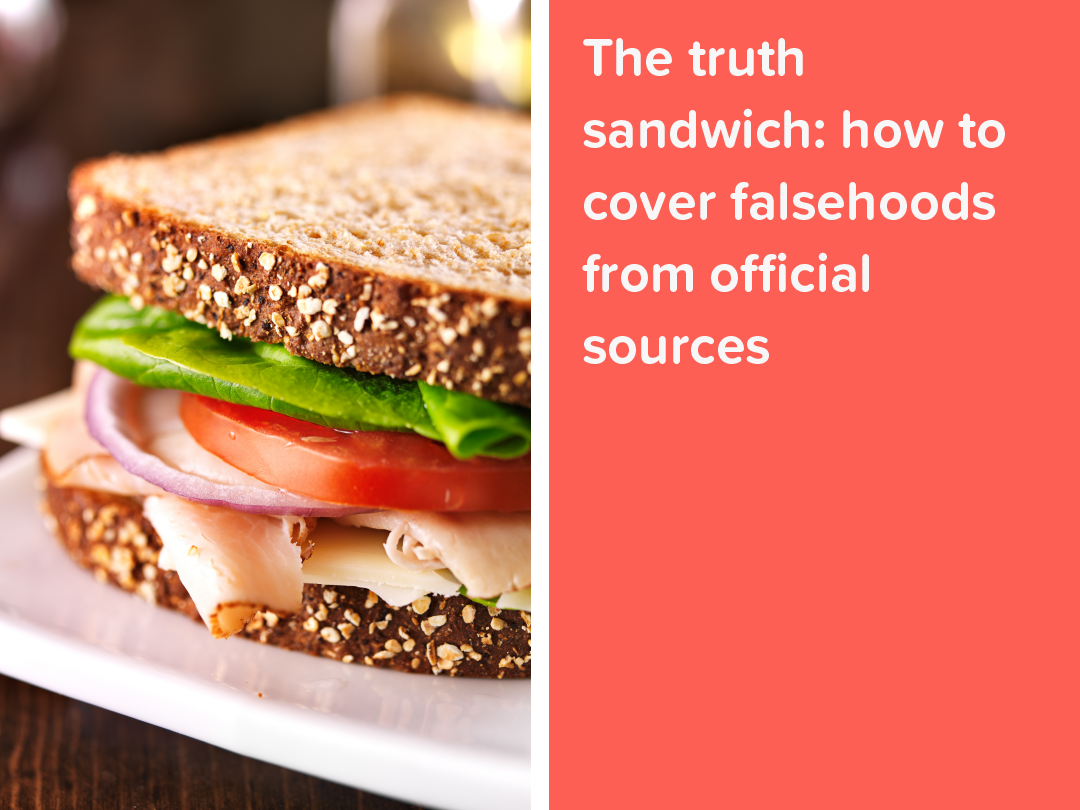Philippines takes grizzly fourth in ranking of most dangerous countries for journalists
The nation is the only Asia-Pacific state in the top 15
The Philippines is the fourth most dangerous country for journalists.
Data from Reporters Without Borders (RSF) shows that 107 journalists have been killed in the country since 2003.
1668 journalists have been killed globally in the same time period, with 80 per cent of those deaths occurring in just 15 countries and over 6 per cent killed in the Philippines.
The country is the sole Asia-Pacific state in the top 15 most dangerous countries, ahead of Afghanistan, Palestine and Russia.
Iraq is the most deadly country for journalists with 299 killings since 2003. Alongside Syria (279), the two countries each have double the third highest death toll, Mexico, where 125 journalists have been killed.
The Philippines ranks at 147 out of 180 on RSF’s press freedom index with the organisation citing verbal attacks and judicial harassment as a way to curtail the press.
32 reporters were massacred in the country in 2009. They has been accompanying supporters of a local politician when they were ambushed and their bodies buried in a mass grave.
The most dangerous European state is Russia where 25 journalists have lost their lives.
With the introduction of better protection and safeguarding measures, the number of journalists killed in warzones is decreasing - more have been killed in ‘safe’ countries than those at war.
Japan’s media is underreporting and under fire
Japan’s biggest news outlets stand accused of failing to cover one of last year’s most controversial stories.
The arrest of Pastor Yasuhiko Mori shed light on a scandal enveloping the church he founded and secured millions of yen from government departments in donations.
While the full details of his arrest are publically available, coverage has been scant. With many outlets dropping the line after one story, some of which were subsequently deleted.
Kobe police detained Mori in December last year. Yasuhiko founded the Kobe Disciple Church and Hosanna House, a non-profit that aims to help vulnerable young women.
The pastor was arrested on suspicion of using illegal drugs to rape or abuse the young women cared for by the Hosanna non-profit, alongside using methamphetamine himself.
Mori was a gang member but left the underworld and turned to Christianity after meeting missionaries when he was around 40 years old, he told The Asahi Shimbun in 2018.
An opinion piece from Cristian Martini Grimaldi in UCAnews has criticised ‘mainstream media’ in Japan for failing to cover the scandal, going as far to say that the country’s big dailies have ‘completely neglected the news’.
The Mainichi has since deleted its article about the arrest of the pastor
The Asahi ran a variation of the story that stated that the pastor had been accused of just drug use, not the more serious allegations.
When the story broke on 9 December, The Mainichi, one of Japan’s largest newspapers, ran it. It was available on the site until December 21 but has since been deleted.
Both the Yomiuri, Japan’s largest newspaper, and the Japan Times failed to cover any element of the story.
The Kobe Disciple church was getting millions of yen in public funds: 1 million yen (US$7,600) from Hyogo prefecture, 3.42 million yen from Hallo Work, 570,000 yen from the Bureau of Labor Standards and 100,000 yen from public donations.
The piece in UCAnews states that women’s charity Colabo became embroiled in the Hosanna scandal. It has been a vocal supporter of Hosanna House and Pastor Mori himself.
Colabo has been sponsored by the Ministry of Health, Labor and Welfare to the tune of 46 million yen and 170 million yen in donations.
Virtual Domination
Asia's new brand of VTuber set to take over 2023
Virtual YouTubers are set to continue to dominate cyberspace in 2023, even though 2022 saw perhaps the most prominent enter a indefinite hiatus.
KizunaAI, a pioneer in creating content with a digital avatar, went dark after a final live streamed performance. She has racked up a huge following after her 2016 debut when she became the first VTUber.
Since that breakout more VTubers have gathered up their shares of the market. And its a market that is growing, a 92 per cent increase over 2022 and a total generated revenue of £75m in Japan alone.
With greater numbers comes the heightened risk of AI misbehaving, or the misdeeds of the people pulling the strings. Japanese collective Sinsogumi was caught competing to sneak adult clips into a stream of children targeted game Splatoon 3 and rumours of illicit relations abound.
This year, the Osaka District Court ordered an ISP to disclose information on an individual who defamed a VTuber with comments about her mental well-being and family life.
The judge stated that any attack on the avatar amounted to libel to its creator too in a new precedent.
The virtual creations ape the internet personalities and J-Pop stars whose audiences they are competing for. They host live chats and streams on YouTube and Twitch and make appearances at game and anime conventions.
Earn enough viewers and clicks and they are soon competing directly with their fleshy counterparts.
It is also helping to provide a layer of protection to female and LGBTQ+ creators in an industry ripe for harassment and misogyny. Disguising or creating a new identity with an avatar allows a chance for genuine relationships behind true anonymity.
VTube spaces are also proving a rare point of collaboration between Japan and China, where the domestic market is worth £13bn. Japanese avatars are proving popular in China and vice versa.









